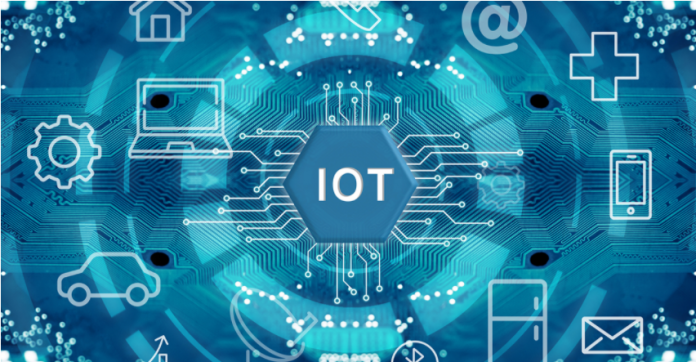The internet of things has spread far and wide in homes, hospitals, and office buildings, upgrading the modern lifestyle. With the digital revolution, IoT is swiftly penetrating every business vertical, thus increasing its demand in the market. The wide acceptance of automation, availability of Wi-Fi and internet connections, technological advancements in products and services, and growing indulgence in auto electronic systems are various reasons that seamlessly open the doors for the IoT market. IoT platforms can digitize every business by integrating its existing physical products, thus transforming the digital age. This digital transformation helps in business growth with improved productivity and efficiency. The industrial sector is widely accepting IoT and taking a step ahead to connect the customer base, thus reinventing the business and giving it a new direction.
The integration of IoT rationally aims at the interconnectivity of the devices for automatic data collection and data transfer and works wonders with digitization. In addition, IoT can boost industrial growth with omnichannel marketing and improve customer experience. Industries majorly aim at collecting and processing data, reducing operational costs, and other customized solutions with IoT, thus driving the IIoT market in several ways. The medical sector, agriculture and horticulture, manufacturing industries, transportation, finance industry, and every other business market are embracing IIoT with full sway. According to Allied Market Research, the global industrial internet of things (IIoT) Market is anticipated to grow at a significant CAGR from 2017 to 2023.
The integration of mechanical machinery, electronic equipment, and computer technology has helped with the smooth monitoring of industries and improved their operational performance. With the growing demand for IIoT, the demand for edge data is also increasing. The expandable cloud computing assists with data storage and takes care of cyber security and data breaches. However, the IoT hardware and network infrastructure possess consequent threats. It is a rising concern for organizations that provides connected devices in the market.
The endpoint IoT hardware devices like edge devices have more physical accessibility as compared to the inbuilt computer equipment, thus increasing the chance of its damage or displacement. With factory default login credentials, the embedded IoT devices have an insecure interface as there is no option for changing the login credentials. They do not support advanced security features as per their design. It further develops the threat for the IoT ecosystem and requires expertise for securing the hardware and the data. Enterprise technology security requires multiple protection layers, and the organization needs to develop a good framework for IoT governance.
IIoT market is expected to have a steady growth with upcoming technological advancements. The IoT market has an upward growth curve. The demand for the cyber and physical security IIoT market is increasing, thus offering numerous opportunities for companies and individual freelancers. Companies either employ IT security experts or cyber security specialists to secure the devices and data protection or outsource it. Presently, various IoT developer companies are focusing on long-term partnerships, in which the company will take care of the management of the system and device after its deployment with some mandatory security regulations. The IoT market is flourishing and provides new opportunities for the future.

